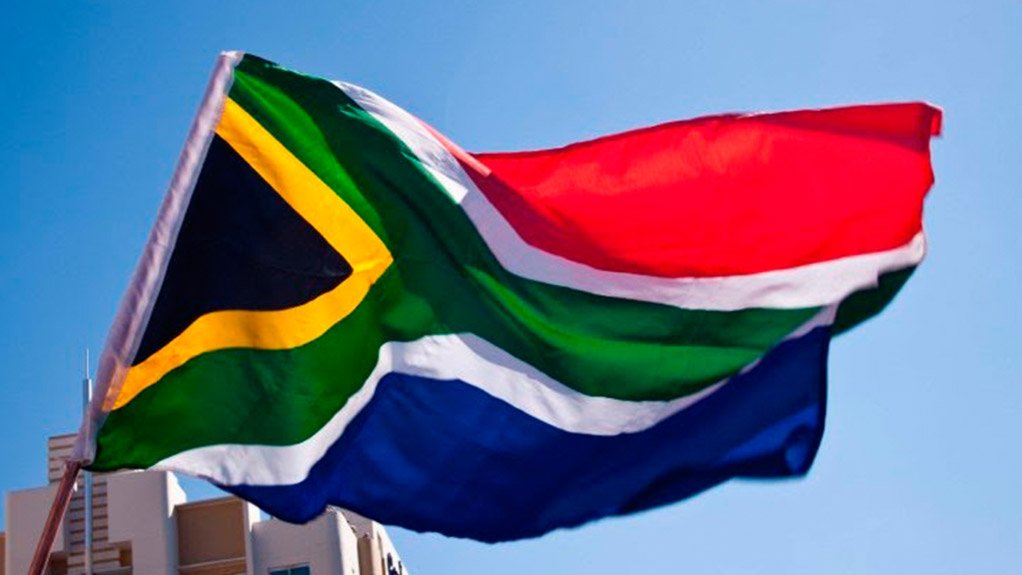South Africa could not afford a further investment ratings downgrade, as this would impact on the price of foreign lending, shorten the lending term and, once at “subinvestment grade”, narrow the quantum of lending provided, economists warned on Tuesday.
“There is nothing good associated with a downgrade. Does South Africa borrow extensively and does it continue to have to borrow? That’s a profound yes,” Rand Merchant Bank (RMB) CEO Alan Pullinger said, explaining that 37% of South African bonds were currently held by foreigners, as the country’s vast infrastructure development programme was simply too extensive to be subsidised locally, rendering the status of the country’s debt ratings critical.
Fitch Ratings puts South Africa’s debt rating at BBB, the second-lowest investment-grade level and on par with Moody’s Investors Service, while Standard & Poor’s, in June 2014, lowered its evaluation for South Africa to BBB – one level above ‘junk’ status.
Research done by RMB had indicated that, once relegated to the ranks of ‘junk’ status, only 30% of countries were successful in regaining an investment-positive status.
Encouragingly, Pullinger noted that it was “not inevitable” that South Africa be downgraded to ‘junk’ status, but cautioned that significant interventions would need to be instituted, particularly around issues over which government and business had influence.
“A tremendous amount needs to be done…[and] if we have an attitude of complacency, then we will almost certainly be downgraded…but most things are within our control,” he commented.
Investec asset management strategist Michael Power added that South Africa could likely afford to “shrug off a little investment”, but not to a large extent.
Should South Africa’s rating drop to ‘junk’ level, he warned that several funds would be forced to offload their investments, as many investments policies did not allow investment portfolios to be retained in perceived higher-risk sovereigns.
“We would then join a club that we wouldn’t be proud of. Venezuela, for example, is likely to default later this year, while there is a 50:50 chance that Greece will exit the European Union and also default,” he outlined at a Centre for Development & Enterprise forum, in Johannesburg.
Both Power and Pullinger agreed it was unlikely that South Africa’s sovereign debt rating would drop in the next two years, as the ratings agencies would likely provide the country with a short-term “reprieve”.
However, if a downgrade to a subinvestment grade occurred, the “real” economic effects would be significant, with knock-on effects on State-owned companies (SoCs), corporates and banks, RMB chief economist Etienne Le Roux asserted.
“The real economy effects of a downgrade would be significant. We will see speculative bondselling and an element of forced selling by long-term investors, whose mandates disallow them to invest.
“The end result will be a sell-off in bond yields,” he maintained.
Under these conditions, government could continue to borrow locally, which would be self-limiting, as the cost of funding meant that the State would have to cut the budget deficit.
Moreover, the credit ratings of SoCs were linked to that of the sovereign through partial debt guarantees and would, thus, face the same drop-offs in investment.
“This will have a knock-on effect on spending and the real economy, as it will impact the ability of banks to lend to small, medium-sized and microenterprises. We must appreciate and understand these linkages,” he said.
According to Pullinger, South Africa was almost certain to lose its current investment grade status within the next two years if it did not effect sweeping policy changes.
“Just doing more of the same won't improve the situation, we won't improve. We need to look at the economic growth policy and determine a new approach,” he said.
Le Roux added that, as a small, emerging market, South Africa could not rely on a “global tailwind” but needed rather to focus on internal reform and address issues government could control.
“No-one [in South Africa] will be able to escape the consequence of a investment grade decline,” he cautioned.
EMAIL THIS ARTICLE SAVE THIS ARTICLE
To subscribe email subscriptions@creamermedia.co.za or click here
To advertise email advertising@creamermedia.co.za or click here











